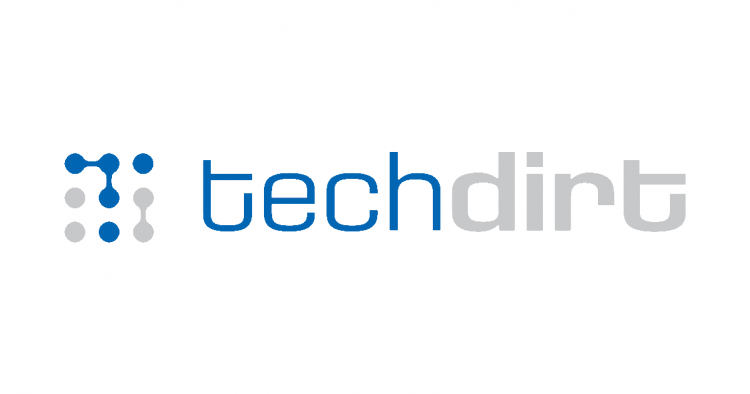from the I’m-sorry-I-can’t-do-that,-Dave… dept
We’ve noted more times than I can count how you no longer really own the things you buy. Whether it’s smart home hardware, or routers that become useless paperweights when the manufacturer implodes, or post-purchase firmware updates that actively make your device less useful, you simply never know if the product you bought yesterday will be the same product you think you own tomorrow.
The latest case in point: numerous folks had grown to really enjoy using a smart home device dubbed SmartDry. SmartDry attaches to the inside of your dryer’s drum and connects to your smartphone, and can inform you when clothes are actually dry (saving you money), when your vents need cleaning or there’s a gas buildup (saving your life).
Unfortunately, the company behind the device is shutting down, leaving fans of the product with a useless bauble:
The problem is that SmartDry alerted you to dry clothing by connecting to your home’s Wi-Fi; the device sent a message to parent company Connected Life’s servers and then relayed that message to your smartphone. But Connected Life Labs is closing, discontinuing SmartDry, and shutting down its servers on September 30. After that, “cloud services will cease operations and the product apps will no longer be supported.”
DIY enthusiasts could buy a ESP32 development board, load some custom code, and set up their own smart home assistant, but few folks will actually be doing that. It’s a bummer to the many folks, including the hearing impaired, that say no other device offered quite the same functionality.
SmartDry didn’t cost much (about $25), and its failure creates a market opportunity for some other smart home device manufacturers. Still, it’s just the latest in a long line of devices heavily reliant on one company’s cloud infrastructure that can quickly become both useless and environmentally wasteful should the original company run into troubles:
Cloud server dependence is a recurring problem with smart home devices. Smart home company Insteon seemed to vanish without warning in April. Insteon later blamed the pandemic and supply chain shortages. In June, a group of dedicated customers purchased Insteon and revived its services. Most of the time, shutdowns are more routine, like when a service is cut after an acquisition, or a large company loses interest in its smart home experiment.
So the real innovative opportunity lies in creating more resilient systems that can still function even if the manufacturer collapses. Enter the open source Matter platform, which is expected to launch this fall, and not only unify the fractured standards in the smart home space, but let all of your smart home devices communicate on a local network, without without the need for a controlling gateway and hub.
Filed Under: bluetooth, cloud, dryer, ownership, smart home, smart home standards, smartdry, wifi
Companies: connected life
Source by www.techdirt.com


























